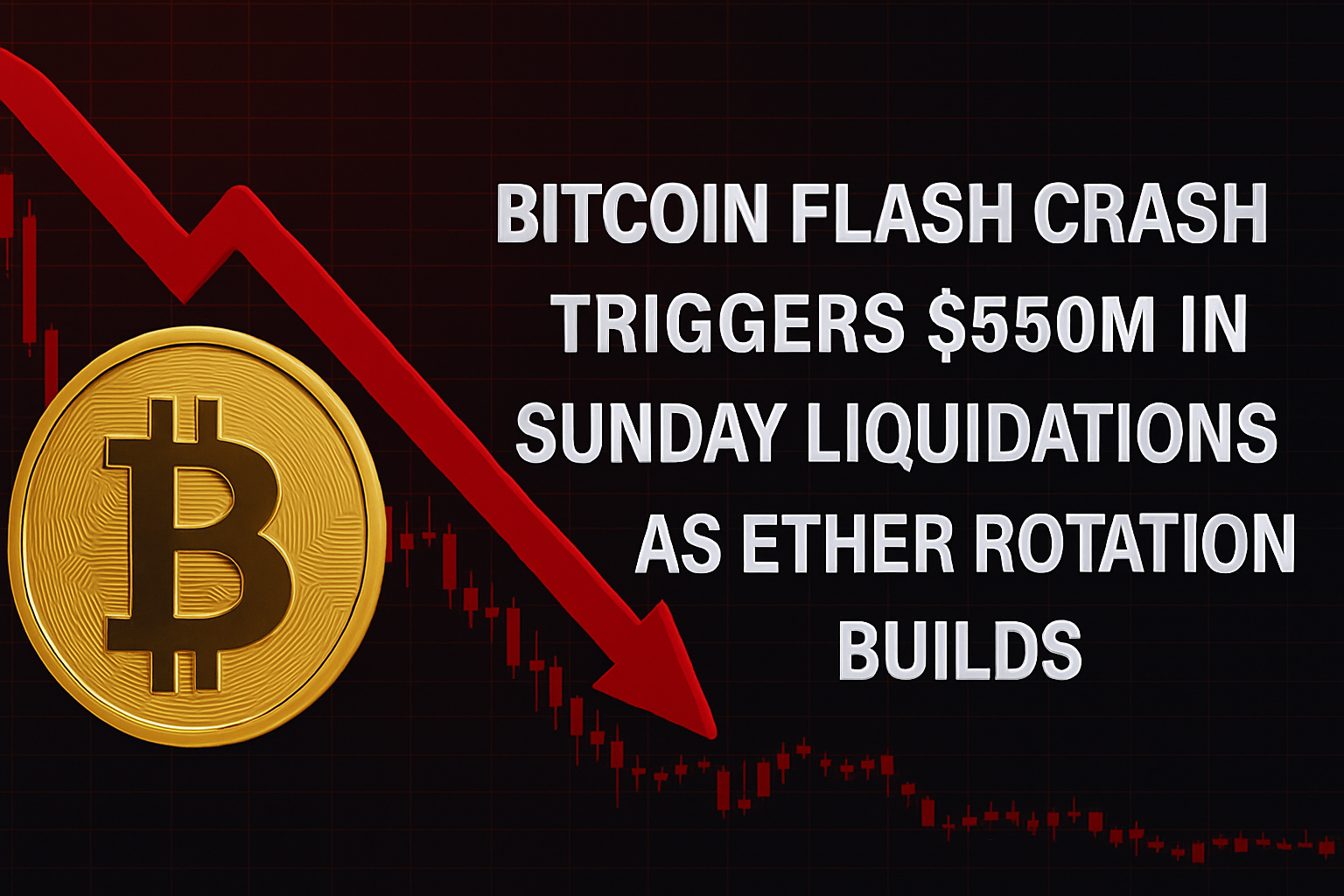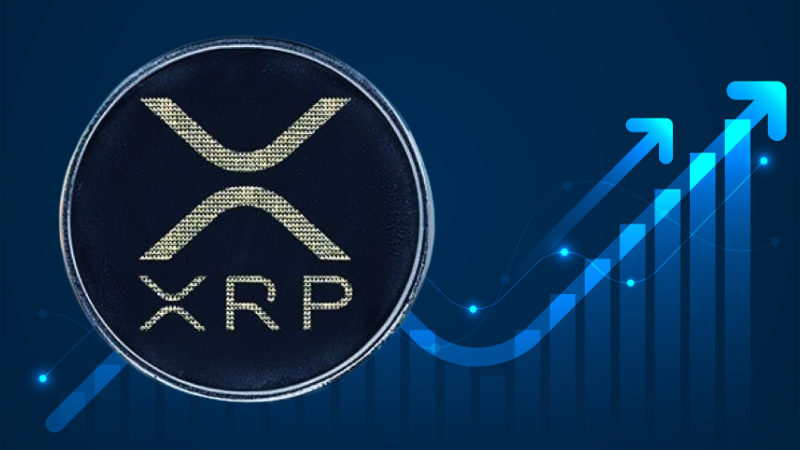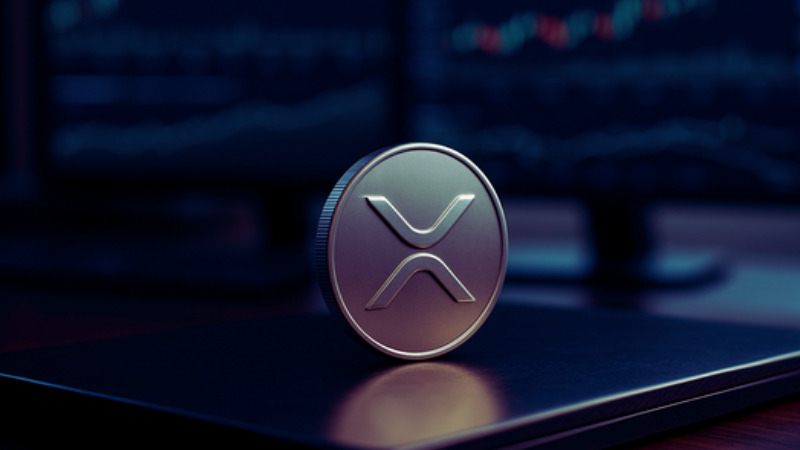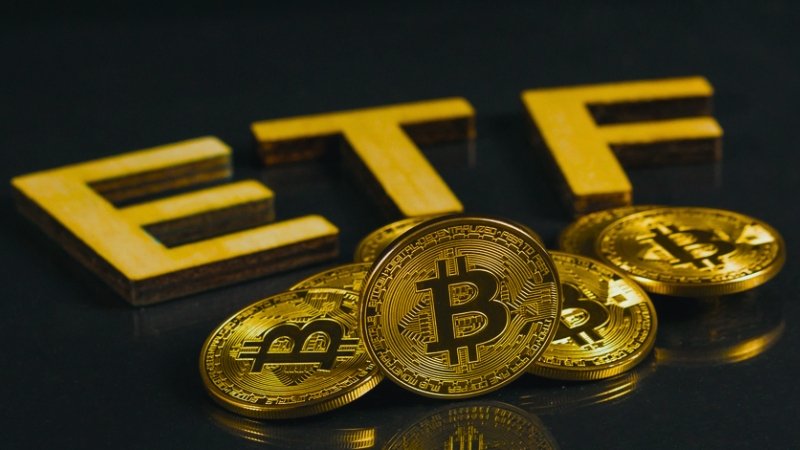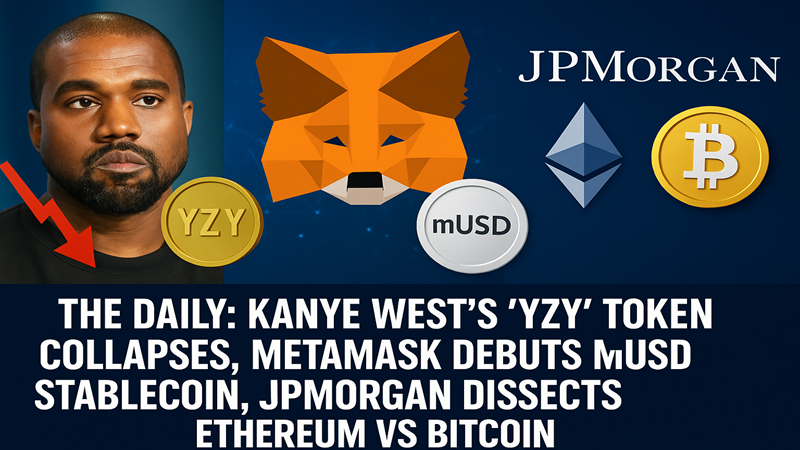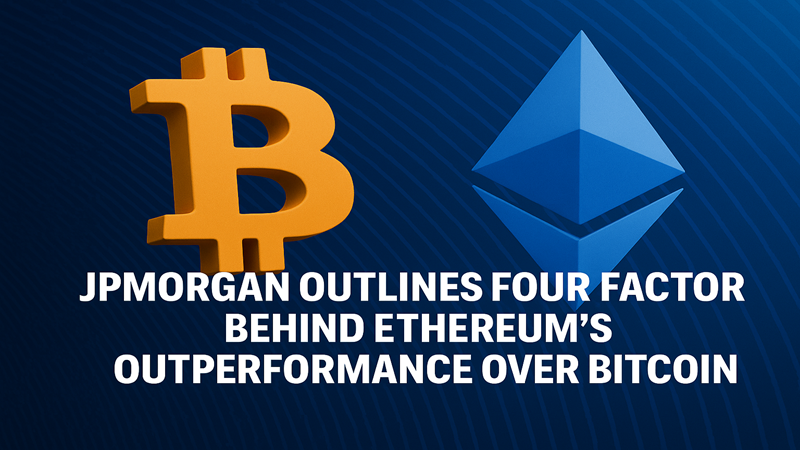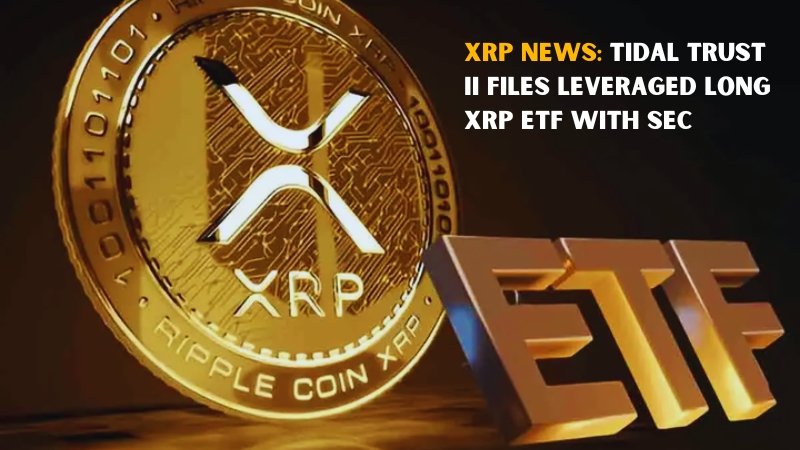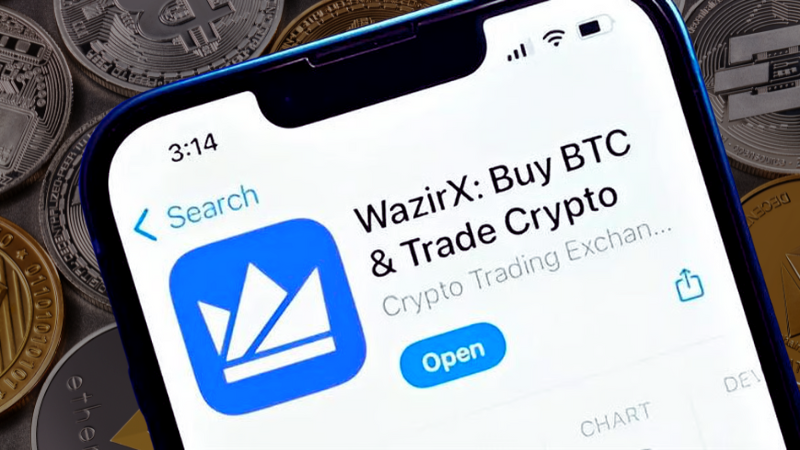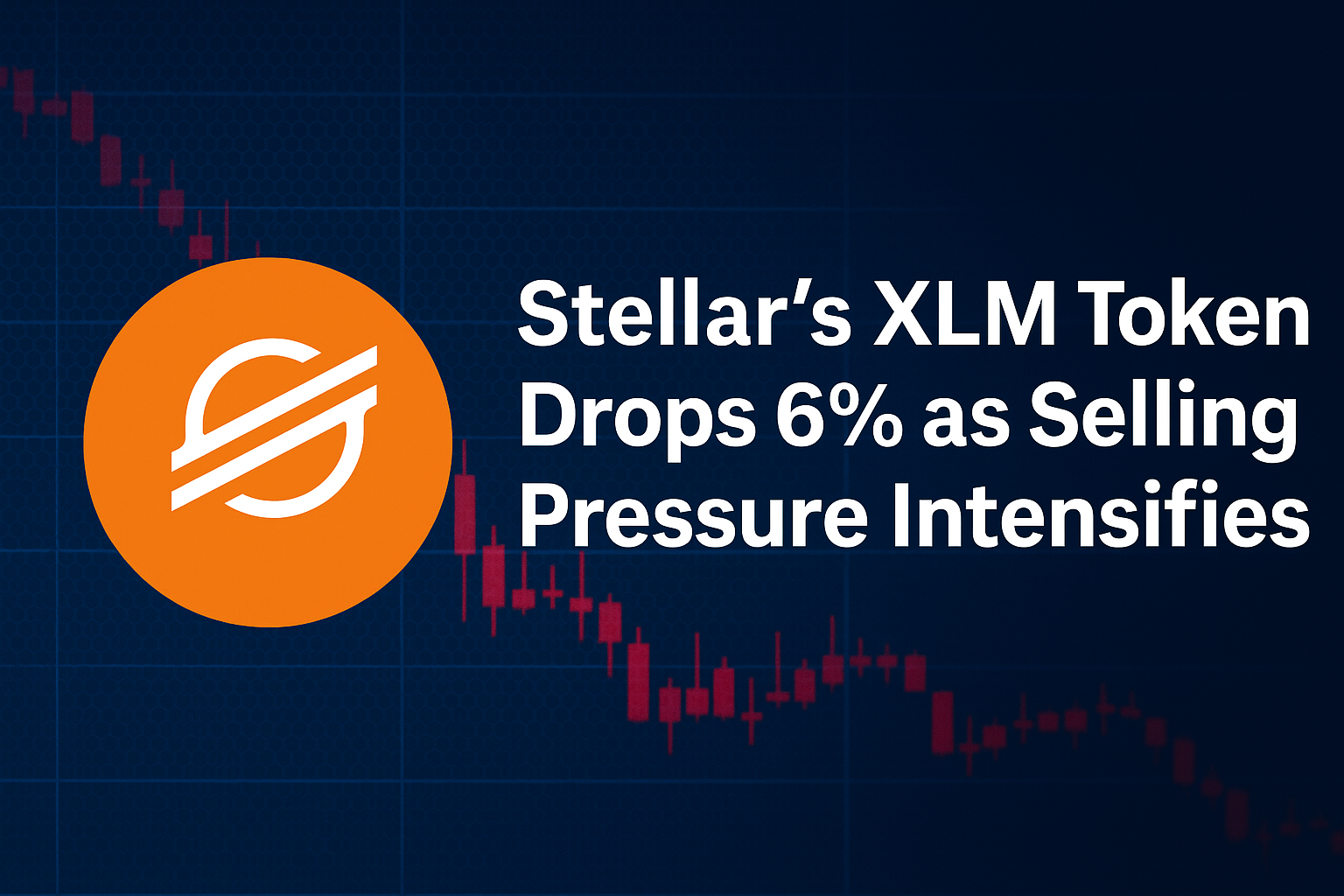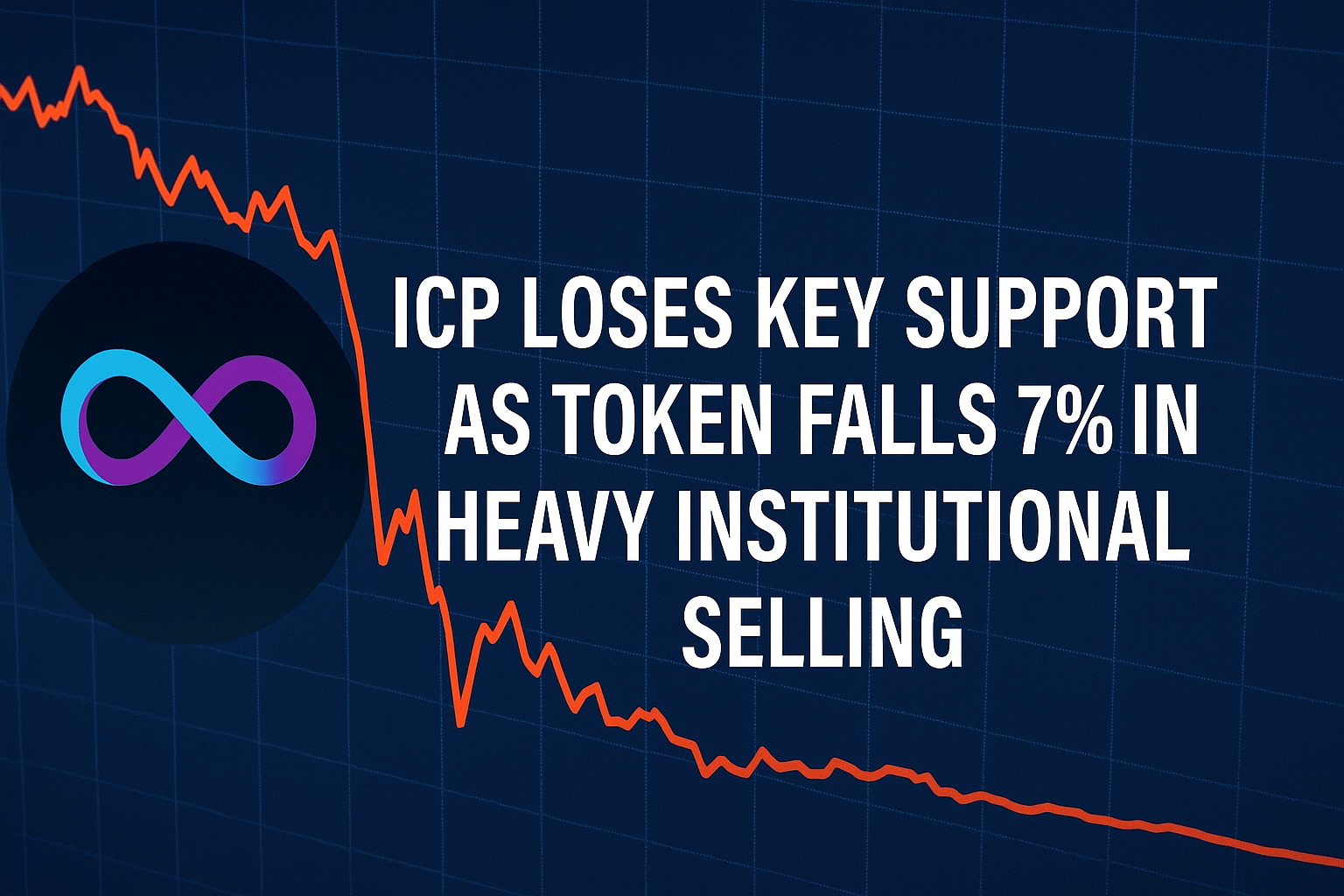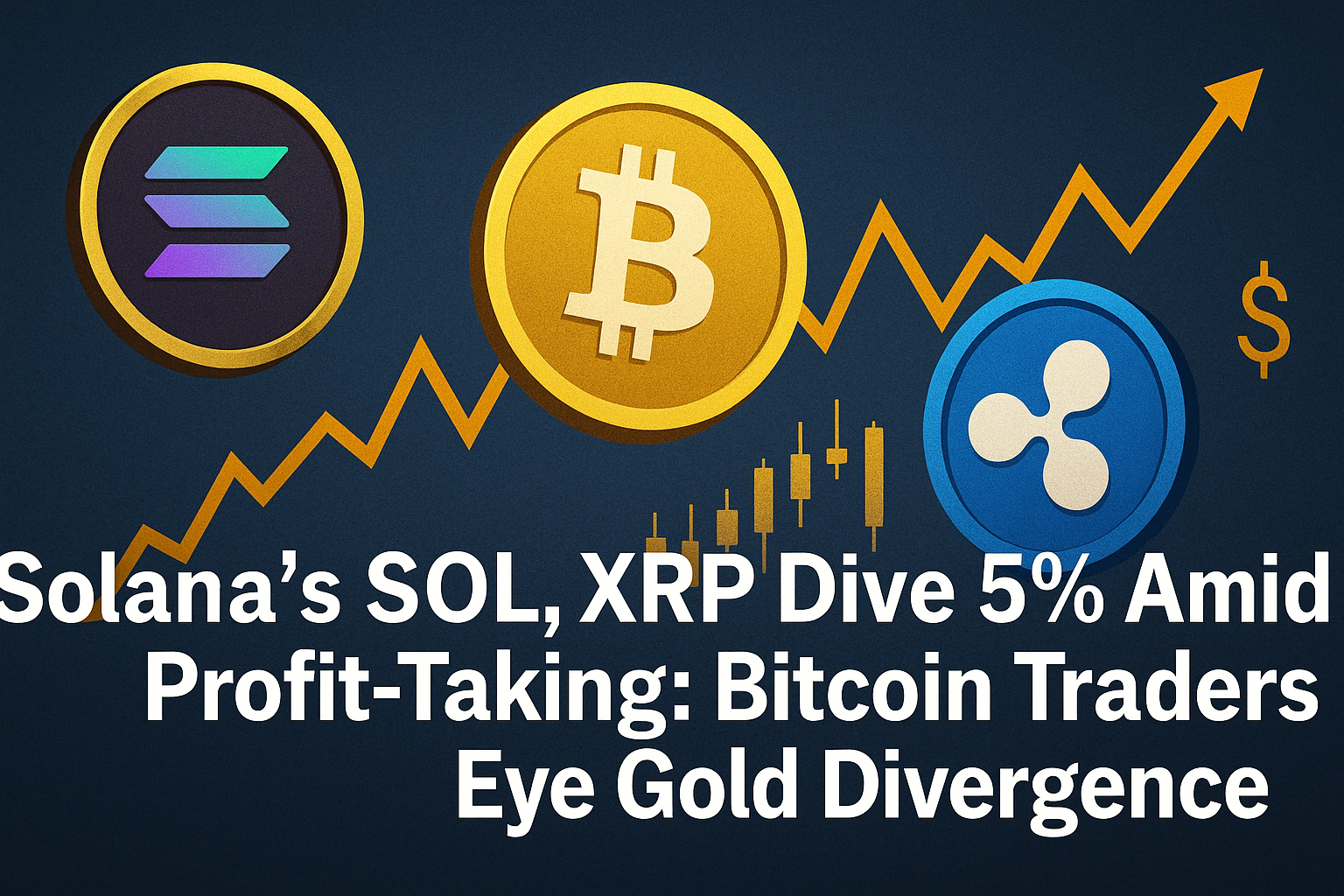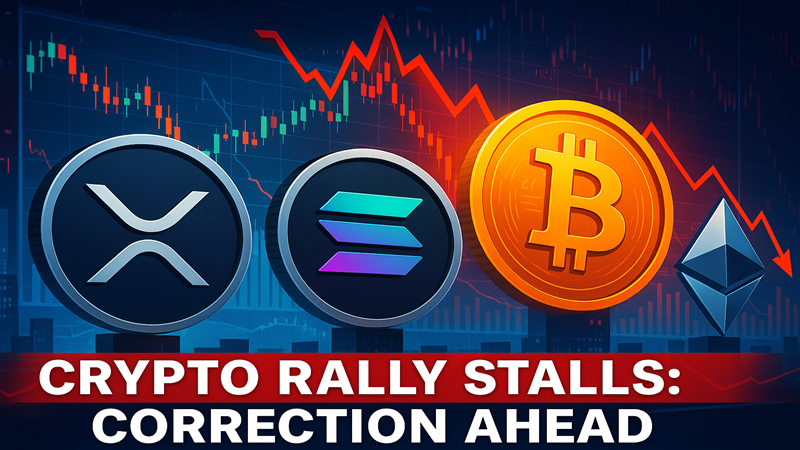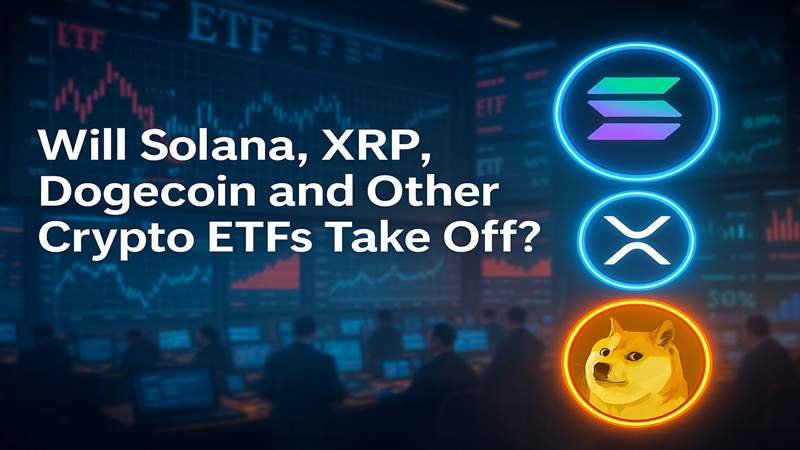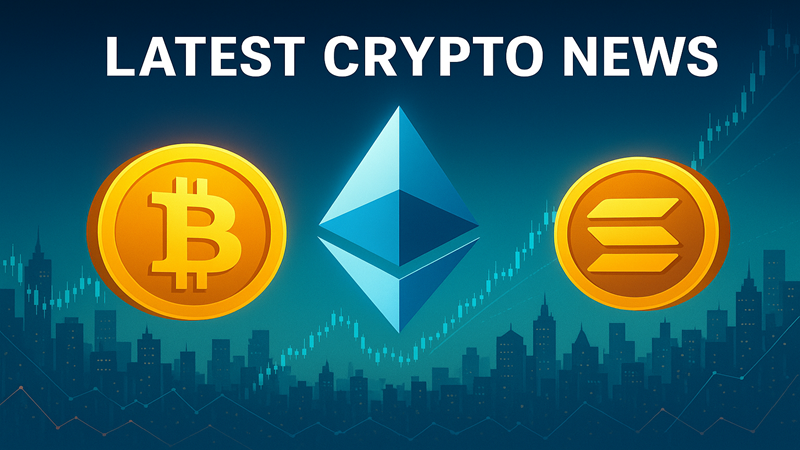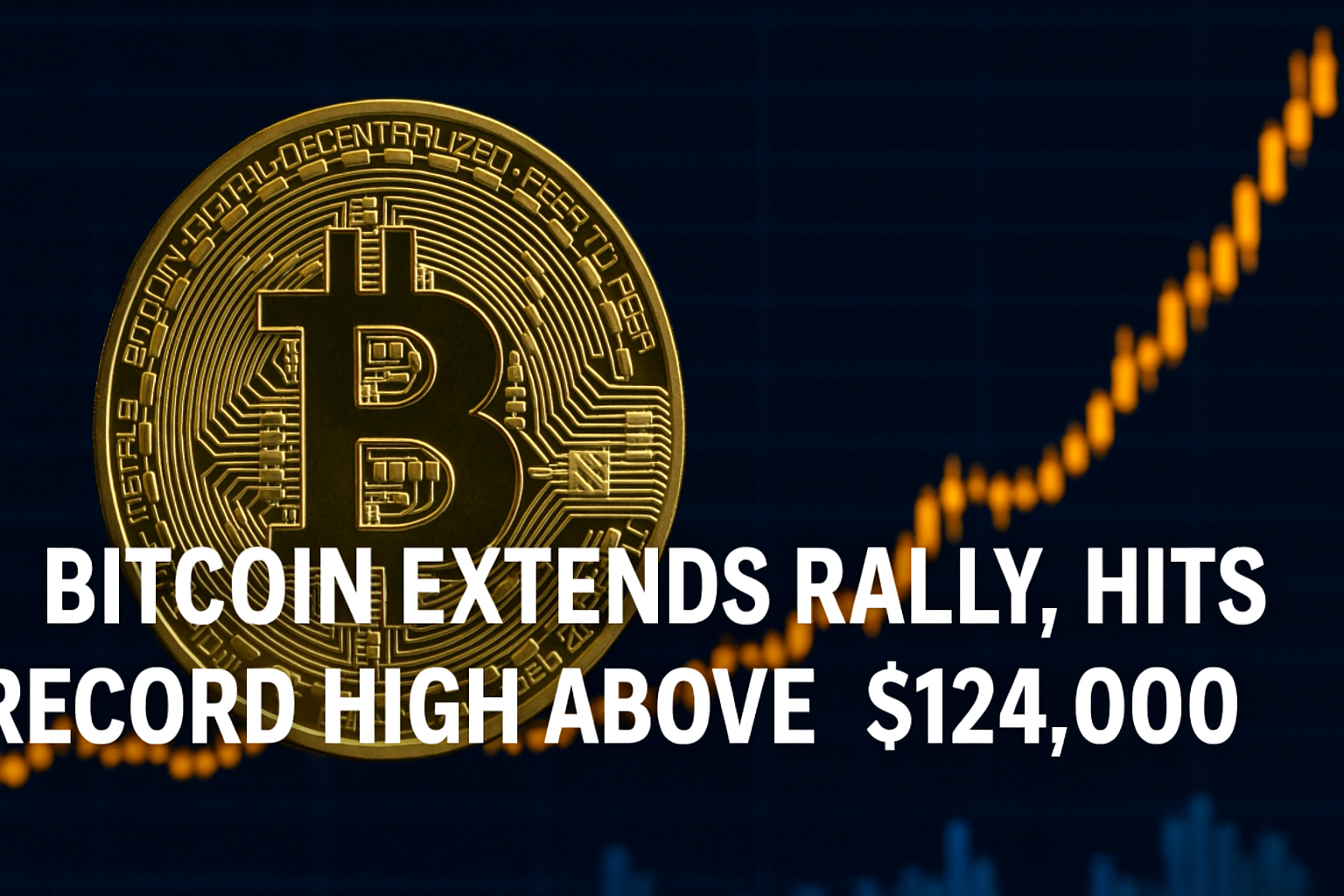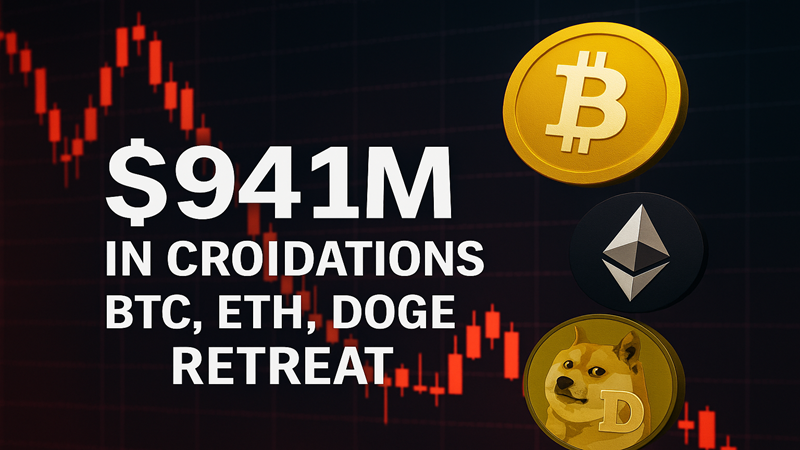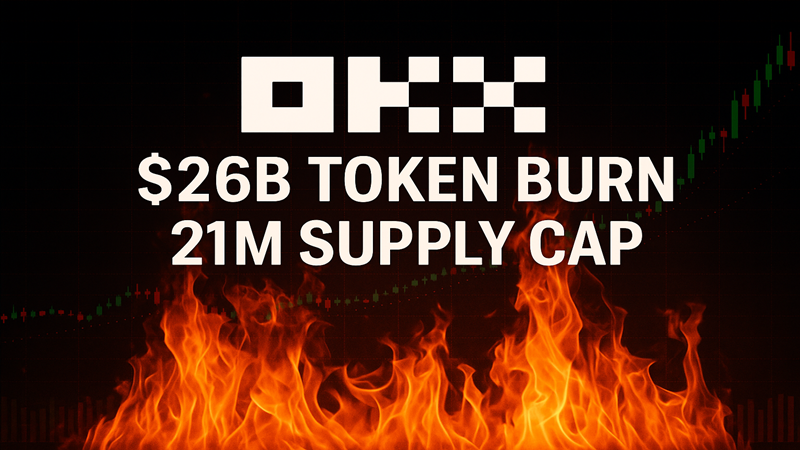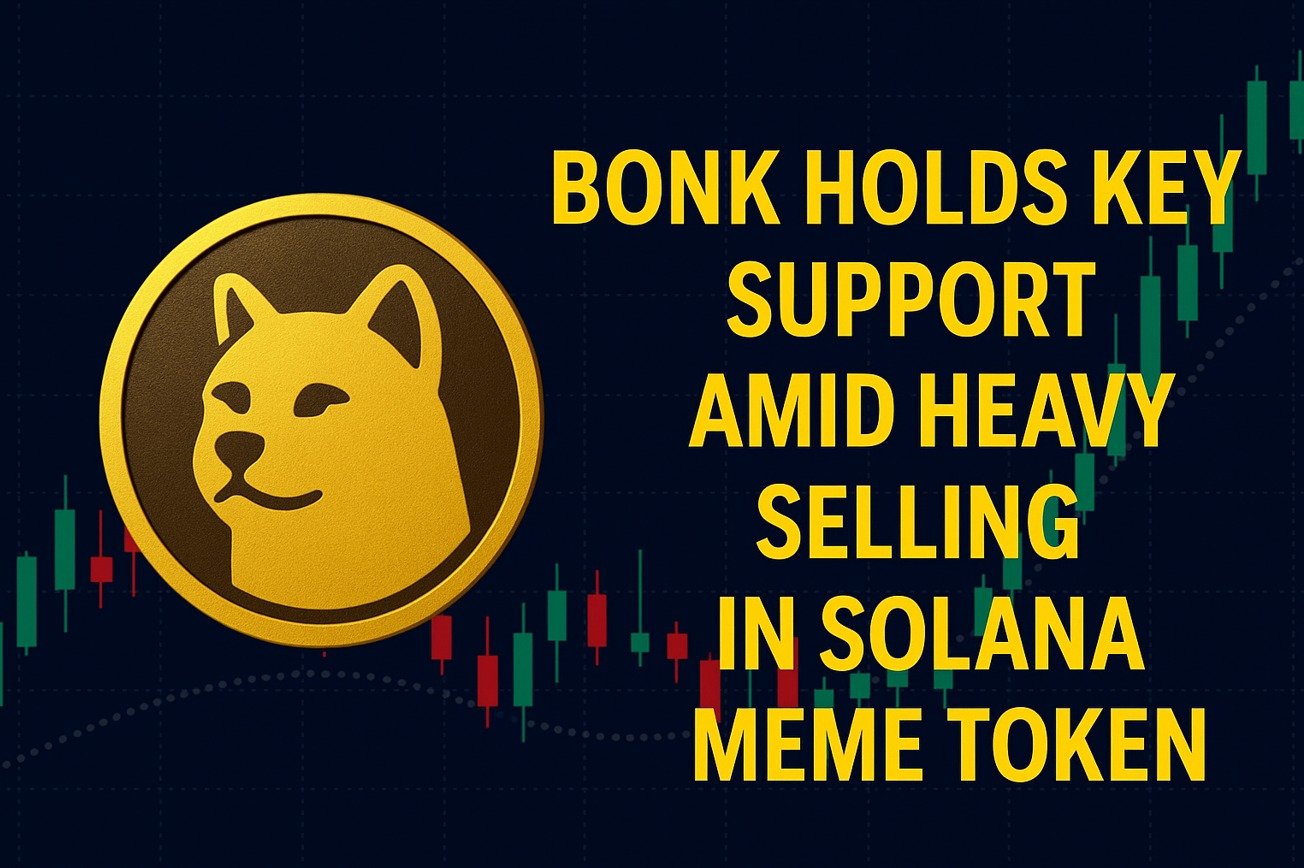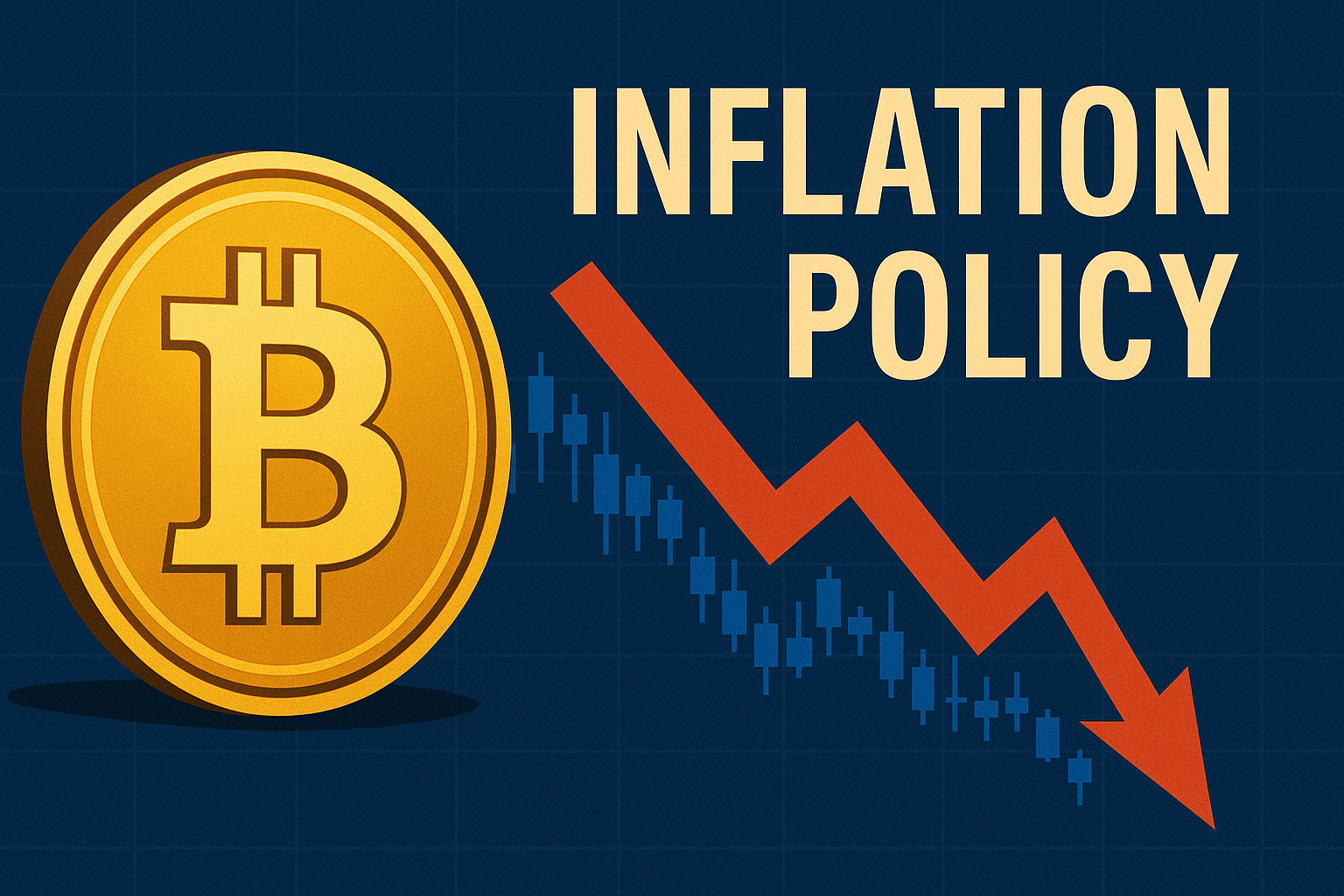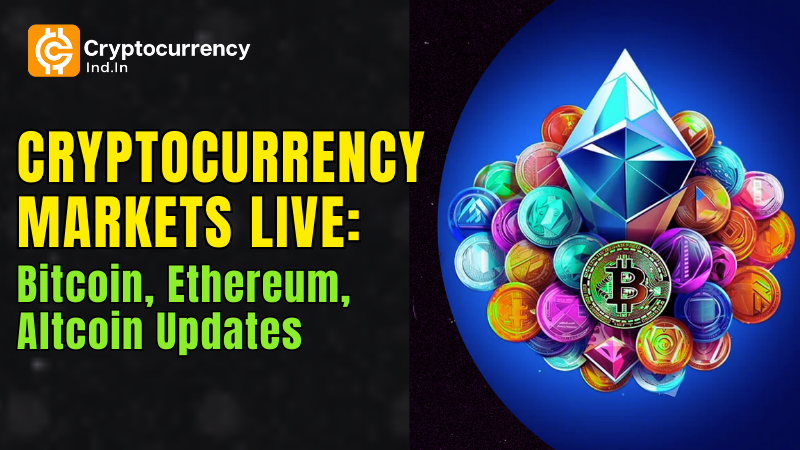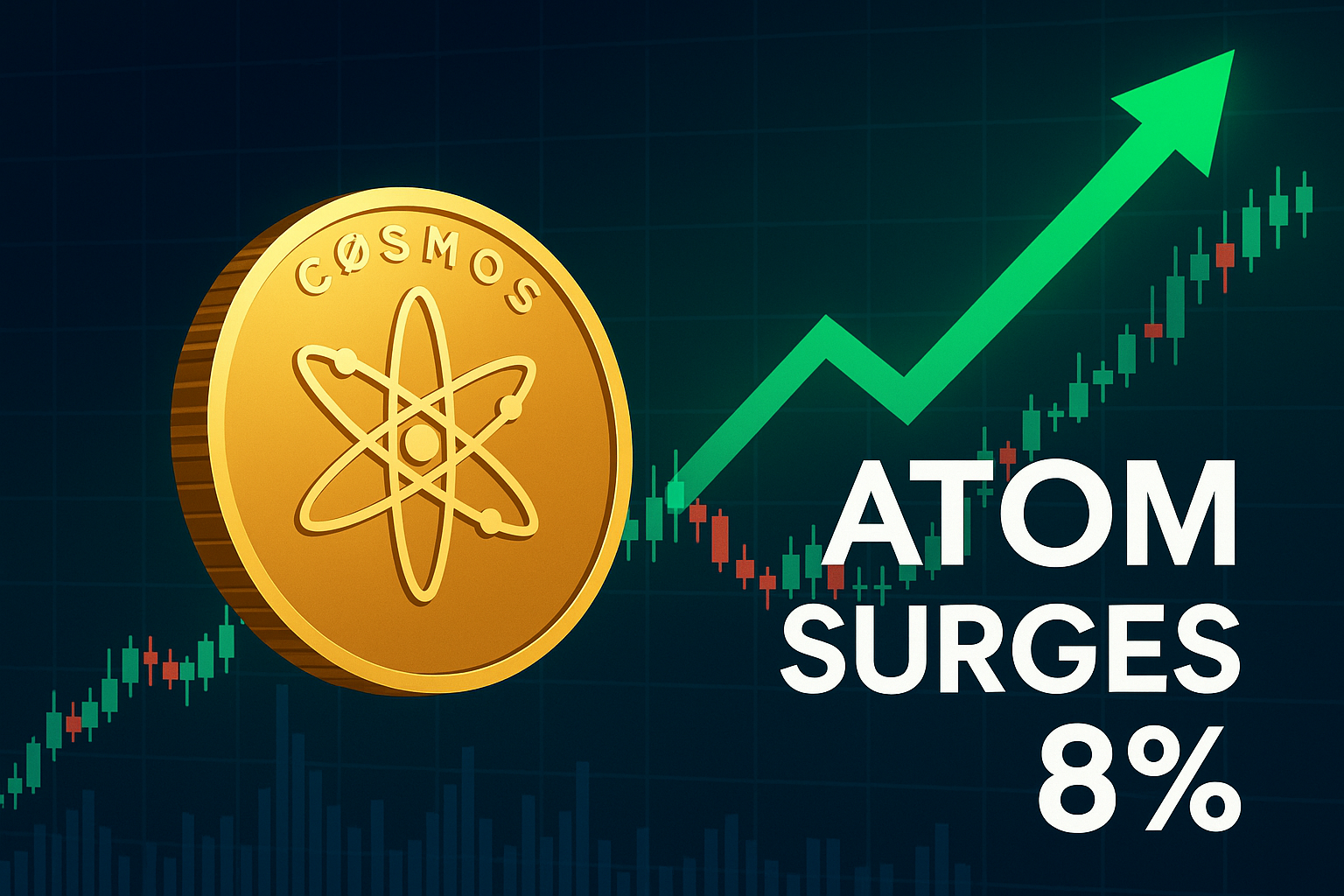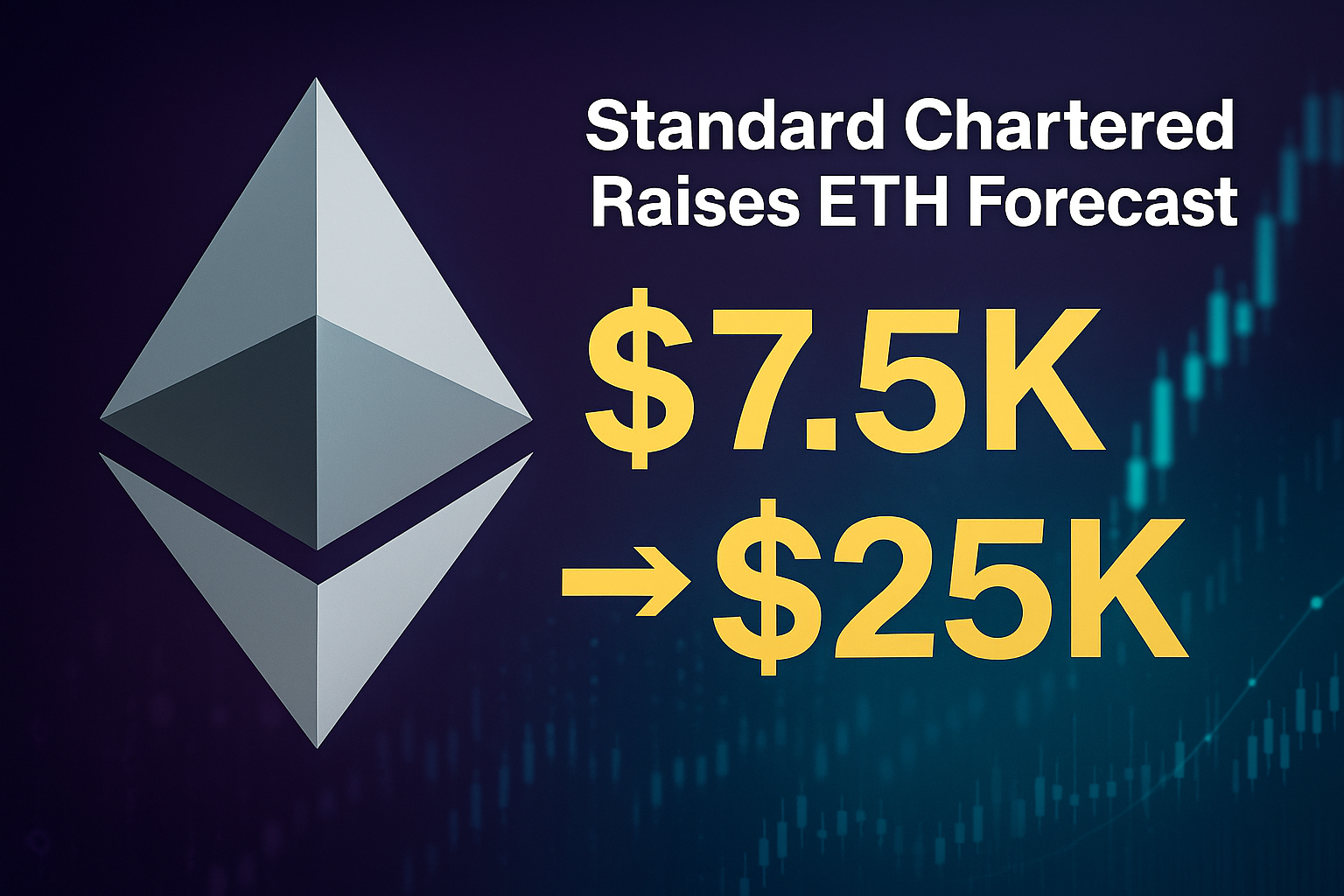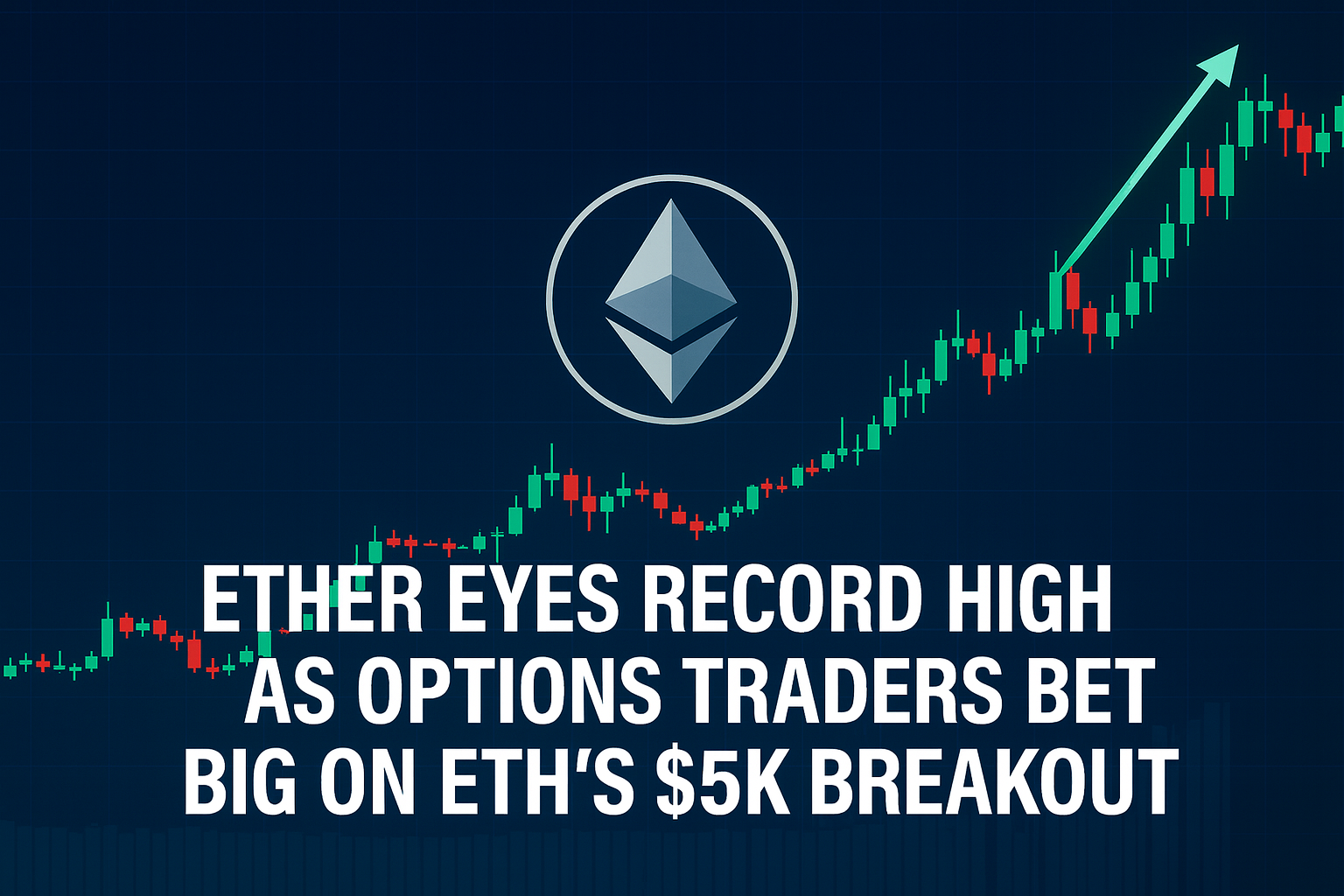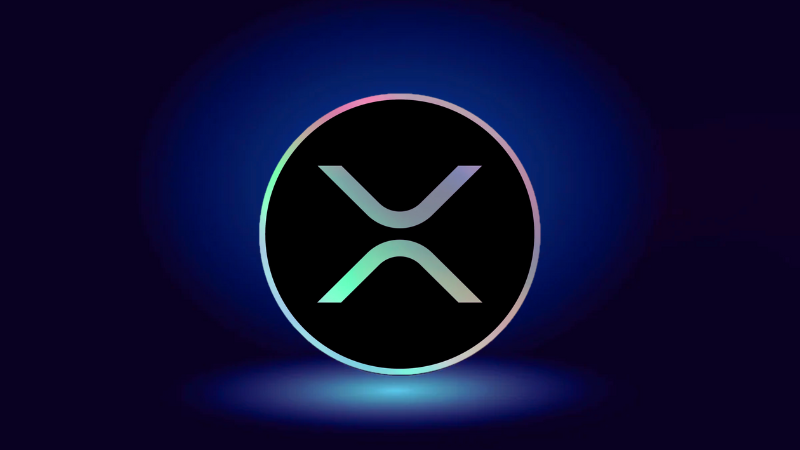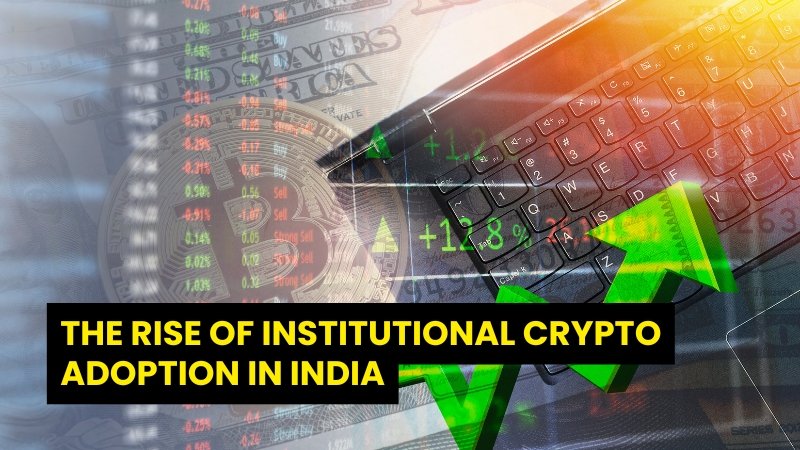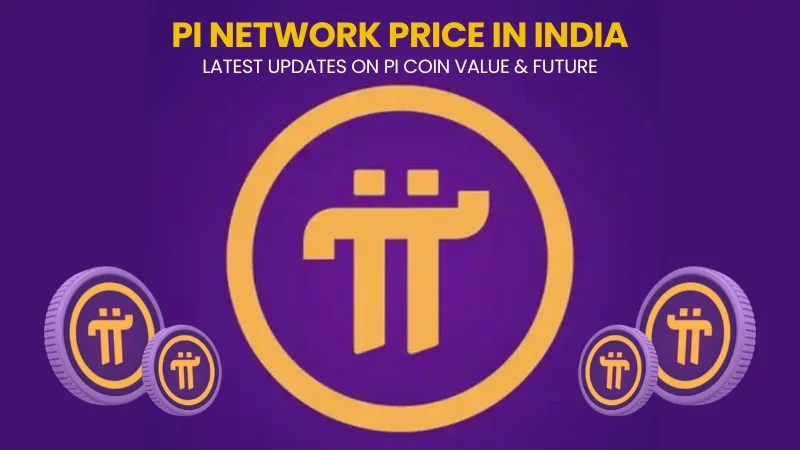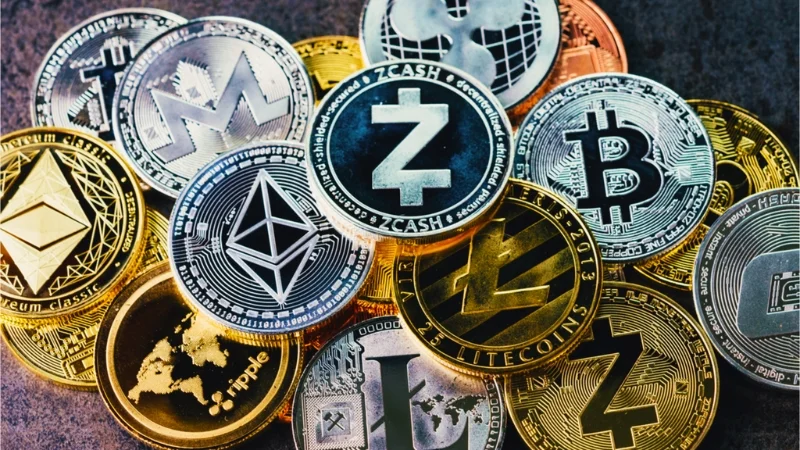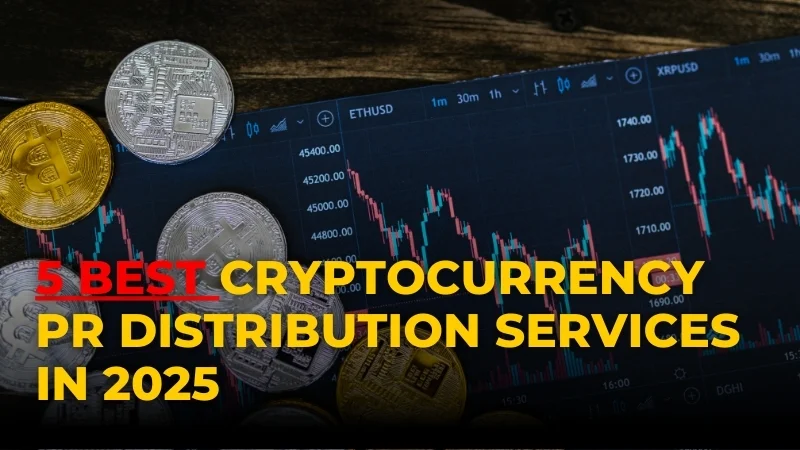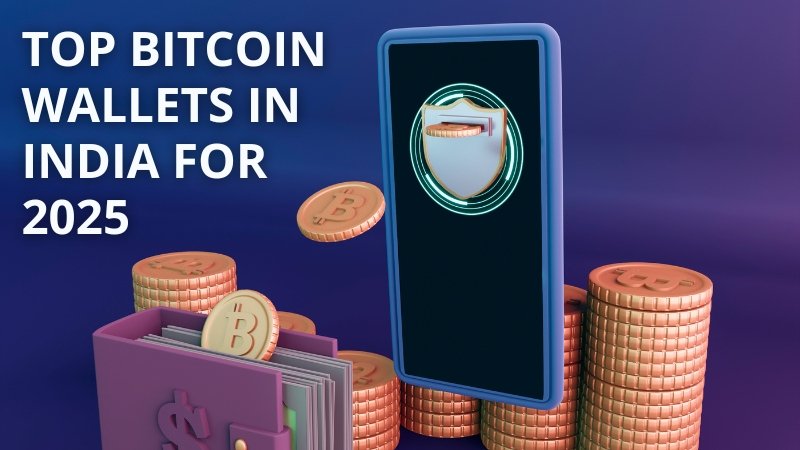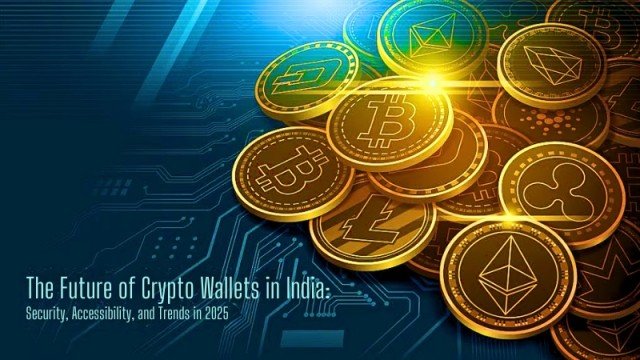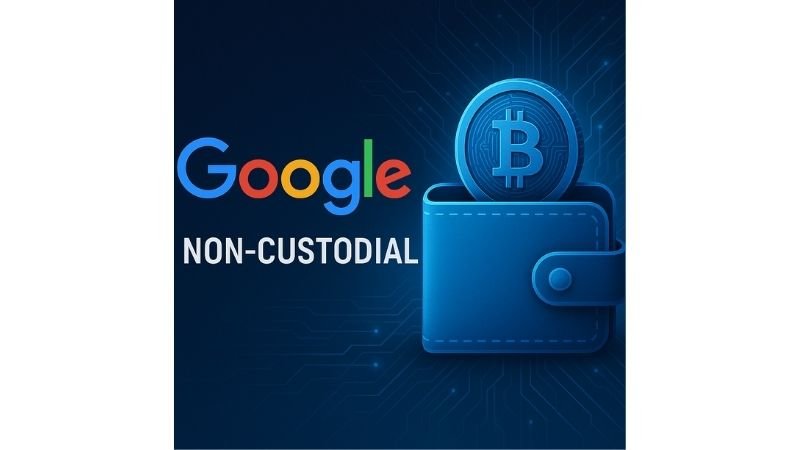
In a major relief for the crypto community, Google has officially confirmed that non-custodial crypto wallets are not targeted by its updated Play Store policy, even after initial reports implied otherwise. This clarification safeguards user sovereignty and innovation in the decentralized finance era, ensuring that crypto’s founding principle—self-custody—remains intact on one of the largest app marketplaces in the world.
Initial Alarm: Policy Appeared to Target All Wallets
When Google first rolled out a stricter wallet policy for its Play Store, it appeared to apply to all crypto wallets. This created the impression that developers would need to register as financial institutions in up to 15 jurisdictions, including the United States, the European Union, and major Asian markets. The crypto developer community responded swiftly, warning that such requirements would exclude small teams and independent developers from publishing apps, harming innovation.
Fast Track Reversal: Non-Custodial Wallets Exempted
Under mounting industry pressure and media coverage, Google issued a clear statement via its official Play Console policy update, confirming that non-custodial wallets “are not in scope of Google Play’s Cryptocurrency Exchanges and Software Wallets Policy.” This puts Google in alignment with legal frameworks in the U.S. and EU, which distinguish between custodial and non-custodial financial services.
Licensing Remains for Custodial Wallets Only
Google’s policy now explicitly applies only to custodial crypto wallets—apps where a provider holds and manages a user’s private keys. These apps will still need to comply with anti-money laundering (AML) and know-your-customer (KYC) requirements, as well as jurisdiction-specific licensing. In the U.S., custodial wallet providers must register with FinCEN; in the EU, they must register under MiCA as crypto-asset service providers.
Why This Matters for Developers and Users
For developers, this clarification removes a major compliance barrier, particularly for open-source teams and non-profit crypto projects. For users, it ensures continued access to wallets where they retain sole control of their private keys—protecting their funds from platform hacks or insolvency events. In the broader crypto adoption narrative, this decision reinforces trust in mobile distribution channels as gateways to decentralized finance.
Impact on the Global Crypto Landscape
This policy clarification comes at a time when app store regulations are increasingly influencing crypto access. Apple, for instance, enforces its own monetization rules for NFT sales within apps. By explicitly exempting non-custodial wallets, Google has positioned itself as more open to decentralized models—potentially driving wallet adoption in emerging markets where banking access is limited but smartphone penetration is high.
Looking Ahead: The Role of Platform Gatekeepers
As global regulators intensify scrutiny on digital assets, the influence of private tech giants like Google will only grow. Their policy definitions can effectively set industry norms, sometimes even ahead of legislation. Ensuring that such policies remain clear, fair, and innovation-friendly will be key to balancing compliance with the freedom that blockchain technology promises.

